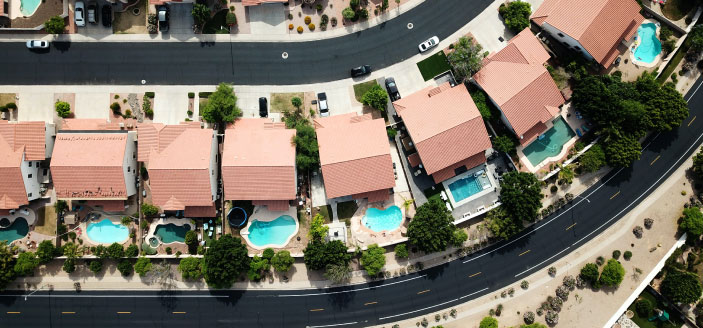06 Sep Obligation for payment of communal charges

Obligation for payment of communal charges
by George Coucounis
“The owner is always responsible to the management committee for the payment of the communal charges”
THE management committee of a building complex is normally responsible to impose communal charges to the owners of the units, apartments, shops, offices or houses. This obligation of the landlord, when he agrees to rent his property, may be included in the tenancy agreement under a relevant term as the obligation of the tenant. In such a case, the tenancy agreement does not bind the management committee, to which the landlord always remains accountable. In the event that the tenant fails to pay either the rent or the communal charges or violates any other of his contractual obligations, the landlord is entitled to claim any amount in arrear through a legal action. Where the rented premises were completed and rented or offered to be rented prior to 31.12.1999 and are situated in an area controlled by the Rent Control Law, the tenancy becomes statutory upon its expiration or its termination and the Rent Control Court has jurisdiction on any matter related to the agreement. The issue concerning the payment of rents in arrear, communal and sewerage charges owed by a statutory tenant is an “incidental” matter and consequently falls under the jurisdiction of the said Court.
The law relating to statutory tenancies states that the tenant who remains in possession of any residence or shop and complies with the terms and conditions of the last tenancy agreement, expired or not, is entitled to the benefits under it, provided the terms of the said tenancy agreement are consistent with the provisions of the law. Therefore, the relation between the landlord and the tenant is still governed by the tenancy agreement despite its expiration. Moreover, according to the law, the rents or communal charges in arrear are considered an incidental or supplementary matter which lies within the jurisdiction of the Court. The definition of the term “rent” in the law includes any amount payable as rent for the premises and the furniture if the property is furnished and is rented as such, but it does not include the communal charges. As regards the terms of the statutory tenancy, the law provides that, unless there is an agreement to the contrary, the tenant is obliged to pay the communal charges corresponding to the premises, including minor expenses for the maintenance of the communal areas and facilities. However, the tenant has no obligation to pay serious expenses for the maintenance, alteration or replacement of the communal areas and facilities. On the other hand, the tenant is obliged to accept any reasonable repairs, renovations and alterations made by the landlord for the maintenance or improvement of the premises.
The term “communal charges” in the law means the use of the communal areas of the premises by the tenant, the use of the communal facilities, water and electricity supply to the communal areas for the tenants’ use and facilitation and the provision of services for the cleaning and maintenance of the communal areas, as well as other services necessary for the possession and use of the premises by the tenant. The issue concerning the payment of communal charges by a statutory tenant was dealt with by the Rent Control Court, whereby it was decided that the claim was one of special damages and the landlord had to prove them strictly. A term was included in the tenancy agreement imposing an obligation upon the tenant to arrange himself the supply of water and electricity and the payment of the relevant charges. Moreover, the tenant had to register the utility bills into his name, including the payment of the refuse, communal and drain-cleaning charges. The Court, interpreting the aforesaid term, held that the tenant accepted to pay the communal charges to the landlord for the rented premises.
In addition, examining the phrase “cleaning of drains”, the Court decided that in no event the aforesaid term imposed a duty to the tenant to pay the sewerage charges. Therefore, the landlord failed to prove this claim for the payment of the sewerage charges for the premises. It derives from the above that there is a need for the parties to include a term in the tenancy agreements referring to the payment of the sewerage charges in order to avoid any future disputes.